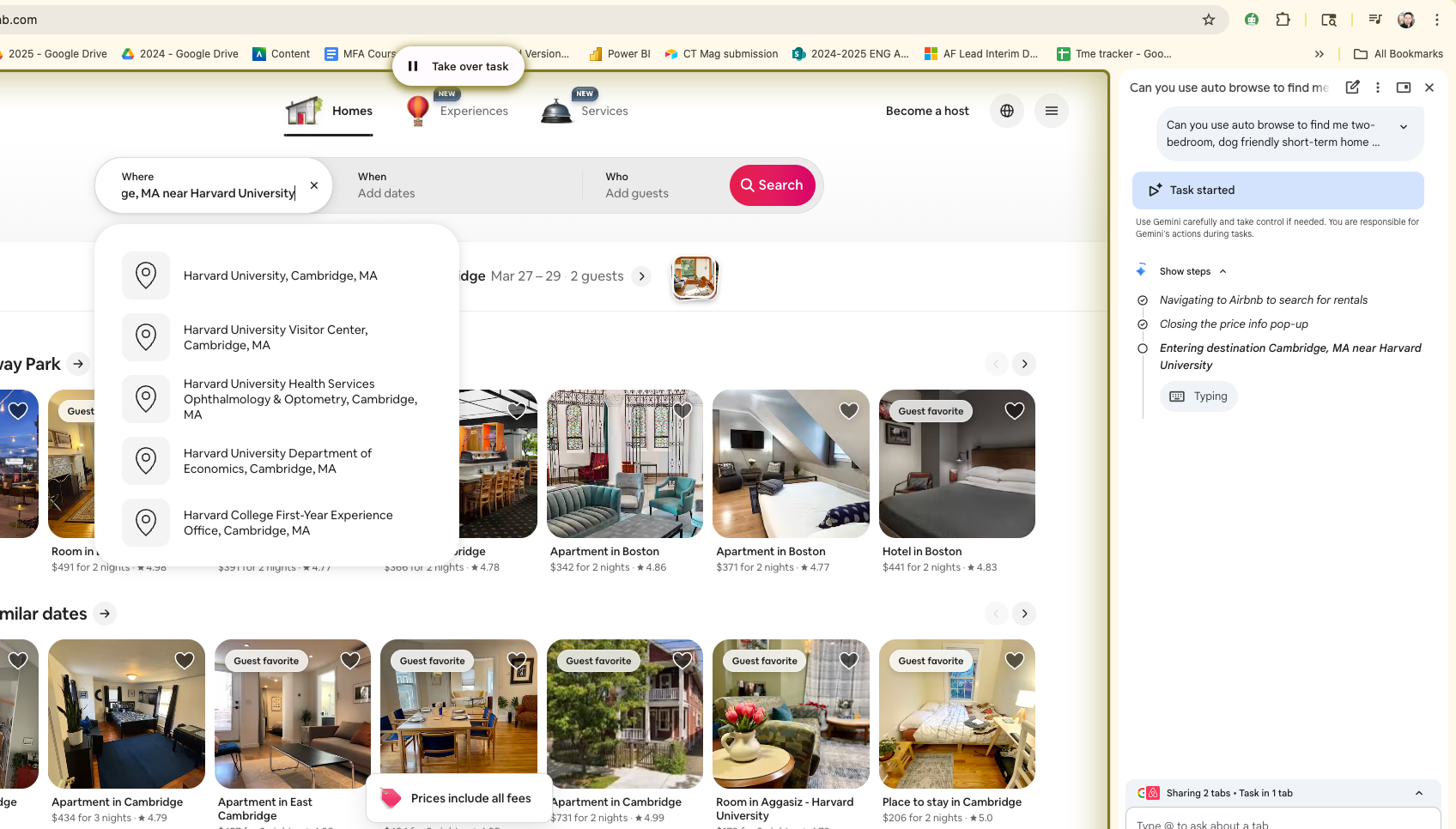How do you respond to someone who holds you back? by Scott Meech
Tools and ideas to transform education. Sign up below.
You are now subscribed
Your newsletter sign-up was successful
Have you ever been asked to tone it down in reference to your technology use in your classroom? I have had several occurences in my career where I have witnessed professional educators who have requested their fellow colleagues to not use technology so much. Why?
Early in my career, I actually witnessed professional educators who purposely sabotaged another colleague's use of technology with an official request to administration because they felt it would reflect poorly on their own professionalism by not using it themselves.
I have heard statements over the years like;
- "Are you trying to make us all look bad if we don't use technology?"
- "Are you just trying to show off?"
- "You are making me look bad because I don't do it that way."
Let's be clear. I am all about questioning the educational value of something. I think there are is a lot of merit in questioning almost everyhing to be honest. I see a difference in these types of questions though.
Does this type of sabotage occur in your work environment? Is this ethical? How would you respond? How should your district technology personnel respond? How should an adminstrator respond?
For me, the most difficult aspect of this conversation is the reflection on what I feel is the most important quality a teacher can posses. I completely agree with my colleague Ben Grey on his ideas of leading by learning where he wrote, "I believe all leaders should be, above all else, the lead learners in the institution they are leading." Why would you want to be a teacher and a professional in an educational institution if you do not like to learn yourself? I just don't get it! The greatest lesson we can provide our students with is the lesson to love learning. Our curricular areas are bulging with "stuff" that will never fully get taught.
Textbooks are not written to be covered in a single year so don't try! In general, textbooks are written to be full of information that meets every possible state's standards of learning to maximize sales for the textbook company. Geoff Ruth writes a nice article about scrapping the textbook at Edutopia, "Without a textbook, I can create curriculum that engages students by relating science to their everyday lives." ... Furthermore, he says, "Teaching without a textbook means more prep time, especially in the first few years. It means amassing and adapting curriculum from a wide variety of sources, including journals, lab books, Web sites, packaged curricula, and other teachers. It means mapping this collection to the standards of your school and state." While I agree with him that it takes more work, for me, this is some of the my favorite work! This type of preparation is enjoyable because it allows me to learn more than I ever would have by being dependent upon the textbook.
Tools and ideas to transform education. Sign up below.
The best advice I have given to my colleagues who are confronted is to talk about their own joy of learning and how technology has transformed their thinking about learning. I have requested that they reach out to their colleagues and help them if they are willing. Finally, talk to them about their concerns and find out what is really at the root of the problem. Is it a fear of technolgoy? Is it a fear of not knowing how to do something? Is it simply laziness? You just never know. Perhaps... shh ... I can't believe I am saying this ... perhaps... there is a better way without technology? You just never know!
Basically, I don't have a perfect answer at this time for my colleagues... I am hopoing you do!
By Scott Meech and cross-posted at SMeech.net
